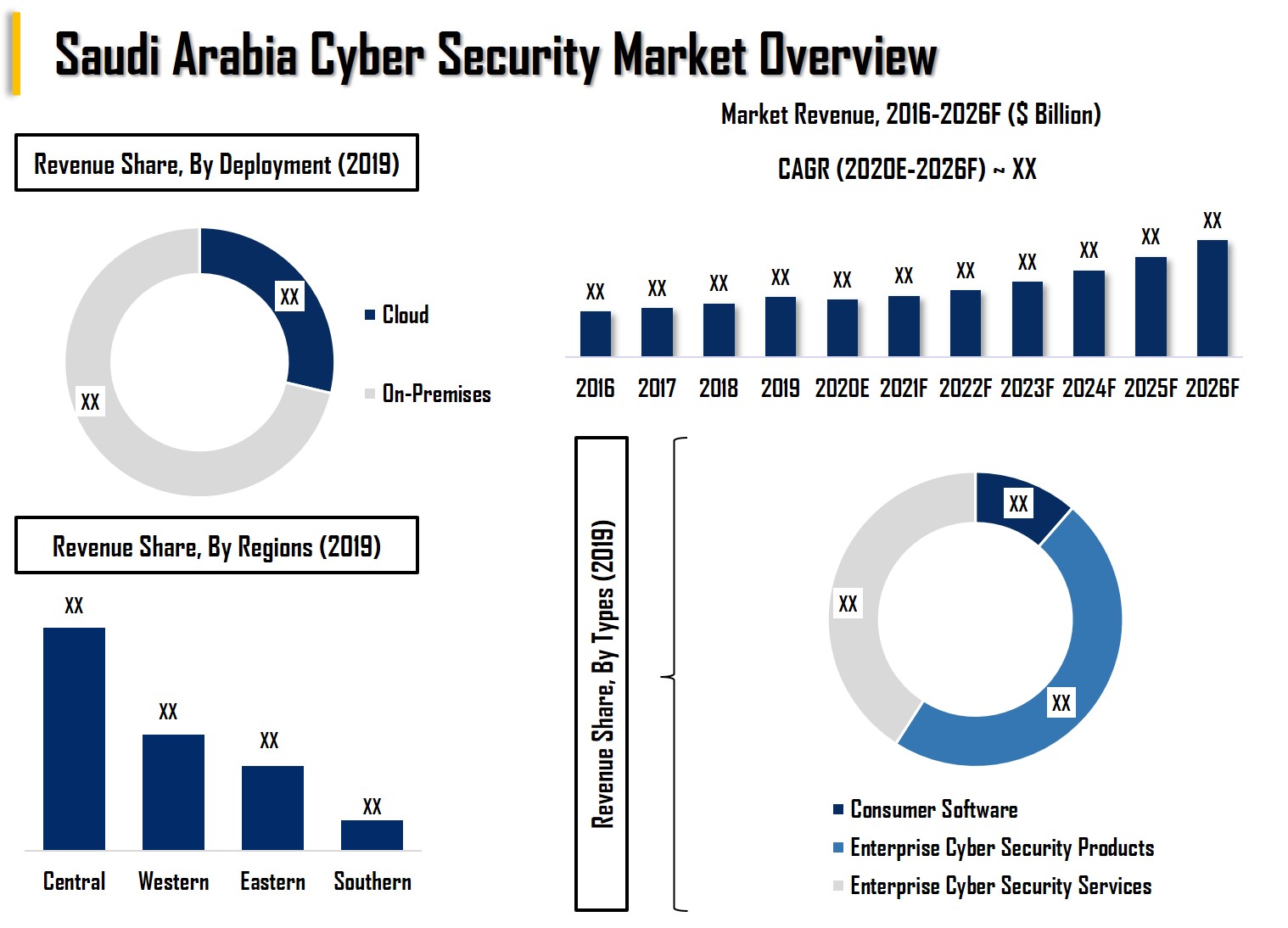
The imbalance in cybersecurity across different sites of a single organization poses a substantial risk. Cyber threats can exploit weaker defenses at branch locations to gain entry into the company’s broader network, potentially compromising sensitive data and operations. This disparity often arises from a lack of centralized management and uniform cybersecurity policies across all branches.
To address these challenges, Kaspersky recommends implementing centralized and automated cybersecurity solutions. These systems can ensure consistent protection across all company locations by aggregating and analyzing data from multiple sources, enhancing threat detection and response times through machine learning technologies.
Kaspersky’s findings underscore the importance of a unified cybersecurity approach. Without it, companies are vulnerable to targeted attacks that exploit the weakest link in their network. Effective cybersecurity strategies should encompass comprehensive measures that are uniformly applied across all sites to safeguard the entire organization.
This issue is not unique to Saudi Arabia. The study, which included respondents from 20 countries, highlights a global trend where decentralized cyber protection frameworks lead to increased vulnerabilities. Businesses worldwide must prioritize the implementation of robust, centralized cybersecurity solutions to mitigate these risks.
Geo-distributed companies in the KSA and beyond are advised to invest in advanced cybersecurity tools and adopt a cohesive security policy to protect their assets and operations. As cyber threats continue to evolve, maintaining uniform security standards across all branches is crucial for mitigating risks and ensuring the integrity of the entire organization.
Topics
Saudi Arabia
